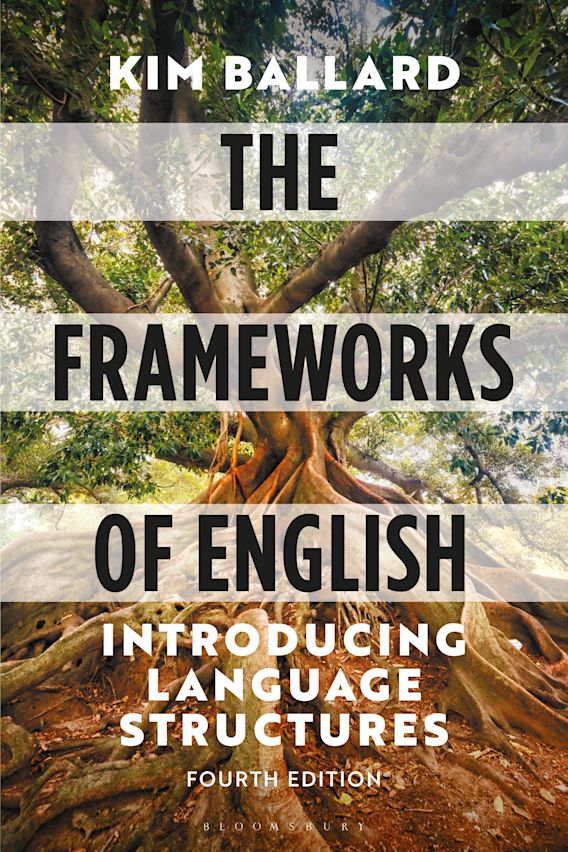



johndoe@gmail.com
Are you sure you want to reset the form?
Your mail has been sent successfully
Are you sure you want to remove the alert?
Your session is about to expire! You will be signed out in
Do you wish to stay signed in?
Question 1 (Consolidate)
For each of the sentences, decide whether the strong or weak form of the underlined words would be used and transcribe the word using the phonetic alphabet. Looking at all the sentences, what is it that determines the selection of the strong or weak form?
Can you help us with this problem?
Don’t help them, help us.
Everyone must play their part.
What station will they arrive at?
I can’t do this, but you can.
Tom was hard at work when I rang.
I often think of the pranks we used to get up to.
I’d love to know what that’s made of.
Is ‘must’ strong or weak in that sentence?
Answer/discussion
| Can you help us with this problem? | can | weak | [kən] |
|
| you | weak | [ju] or [jə] |
|
| us | weak | [əs] |
| Don’t help them, help us. | them | strong | [ðem] |
|
| us | strong | [ʌs] |
| Everyone must play their part | must | weak | [məst] |
| What station will they arrive at? | at | strong | [æt] |
| I can’t do this, but you can. | you | strong | [juː] |
|
| can | strong | [kæn] |
| Tom was hard at work when I rang. | was | weak | [wəz] |
|
| at | weak | [ət] |
| I often think of the pranks we used to get up to. | of | weak | [əv] |
|
| to (4th word) | weak | [tə] |
|
| to (final word) | strong | [tuː] |
| I’d love to know what that’s made of. | to | weak | [tə] |
|
| of | strong | [ɒv] |
| Is ‘must’ strong or weak in that sentence? | must | strong | [mʌst] |
In connected speech, weak unstressed forms are the norm for the words concerned, but when the words are spoken in isolation or attention is drawn to them, the strong form is used: Is ‘must’ strong or weak in that sentence? The strong form is also used for emphasis and/or contrast as we see in Don’t help them, help us and I can’t do this, but you can. At the end of a sentence the strong form is used if, by implication, it’s linked to a preceding element. For example: I’d love to know what that’s made of implies made of what?. This would also apply even if the sentence doesn’t end with the form in question: I’d love to know what that’s made of if anyone knows.
Question 2 (Explore)
In Chapter 2 we considered the concept of the lexeme as an abstract or underlying representation of a word. Would you consider the strong form or the weak form of these words to be more representative?
Answer/discussion
Given that the weak forms represent some degree of reduction, it’s probably better to treat the strong form as the representative form. This is the form which would be used in dictionary or spoken citation form. It’s also worth bearing in mind that some weak forms can be reduced even further: in the examples above we saw that strong form for you ([juː]) can be reduced to [ju] or even [jə]. As we saw in Chapter 10, many words – not just this set of functional words – are subject to reduction in connected speech, although not necessarily in the systematic way that weak or strong forms are selected.

.